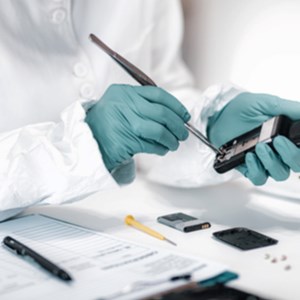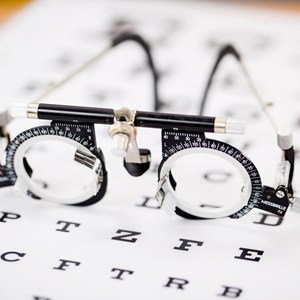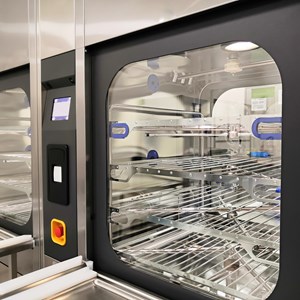NEWS

Mobile devices represent a unique challenge for law enforcement. Due to their wide use, they underpin many criminal investigations. Moreover, criminal offenders, organised crime and terrorist organisations use mobile devices for various purposes, which faces criminal prosecution with many challenges. Law enforcement need not only to access the data stored on mobile devices, but also to provide it as court evidence in a trustworthy and reliable manner.

To aid in the development of a European Professional ICT workforce, it is important to provide education and training fit to meet the requirements of the ICT professional community. This requires enhanced approaches to address the education of new and existing ICT practitioners and the need for continuous professional development.

Privacy and personal data protection are essential in our current society as our offline and digital experiences are increasingly entwined. To ensure that these essential values are taken into account early on in the development of products and services, newly developed EN 17529 ‘Data protection and privacy by design and by default’ provides manufacturers and service providers with requirements before, or independently of, any specific application integration.

The protection of critical infrastructure is essential in complex societies as the ones we are all living in. To optimise the protection through prevention, CEN recently developed new standard EN 17483-1 ‘Private security services - Protection of critical infrastructure - Part 1: General requirements’.

CEN recently published new standard EN ISO 15253 ‘Ophthalmic optics and instruments — Optical and electro-optical devices for enhancing low vision’. The new standard specifies requirements for manufacturers of instruments for use by the visually impaired as low vision aids.

CEN-CLC/JTC 14 ‘Energy management and energy efficiency in the framework of energy transition’ (JTC 14) just published new EN 17463 ‘Valuation of Energy related investments (VALERI)’. The standard is an important breakthrough in the developing field of “green finance”, and it was the result of the efforts of many European experts invested in this work during the difficult time of the pandemic.

Environmental Product Declarations (EPD) present quantified environmental information on the life cycle of a product, thus enabling comparisons between products fulfilling the same function. They are based on the Life Cycle Assessment (LCA) methodology, as described in the EN ISO 14040 series of standards.

For more than 30 years, CEN/TC 144 'Tractors and machinery for agriculture and forestry' has been producing standards in the service of agriculture, forestry and gardening activities. CEN/TC 144, whose Secretariat is held by AFNOR, the French national standardization committee, is currently developing 50 projects that are geared towards machine safety and operator protection, taking into account the protection of the environment, technological innovations and efficiency needs.

The functioning of society depends on the transportation of goods and persons. The infrastructure required to enable transportation is built to ensure that this can happen safely and smoothly, providing specified high levels of service.

The EN ISO 15883 series, jointly developed under the Vienna agreement by ISO/TC 198 and CEN/TC 102, describes the design and functionality of washer-disinfectors (WD), used to disinfect medical tools. Part 1 of the series specifies general design requirements, process specifications and validation methods for all kinds of washer-disinfectors. The subsequent parts focus on the design of particular devices, processing special load including particular specifications of the processing process, such as requirements for the thermal processing of surgical instruments or the chemo-thermal processing of flexible endoscopes.